4K vs 8K TVs: what's the difference, should I care, and which is right for me?
Deciphering the differences between 4K vs 8K can be tricky. Let the tech experts explain which type of television is the right one for you.
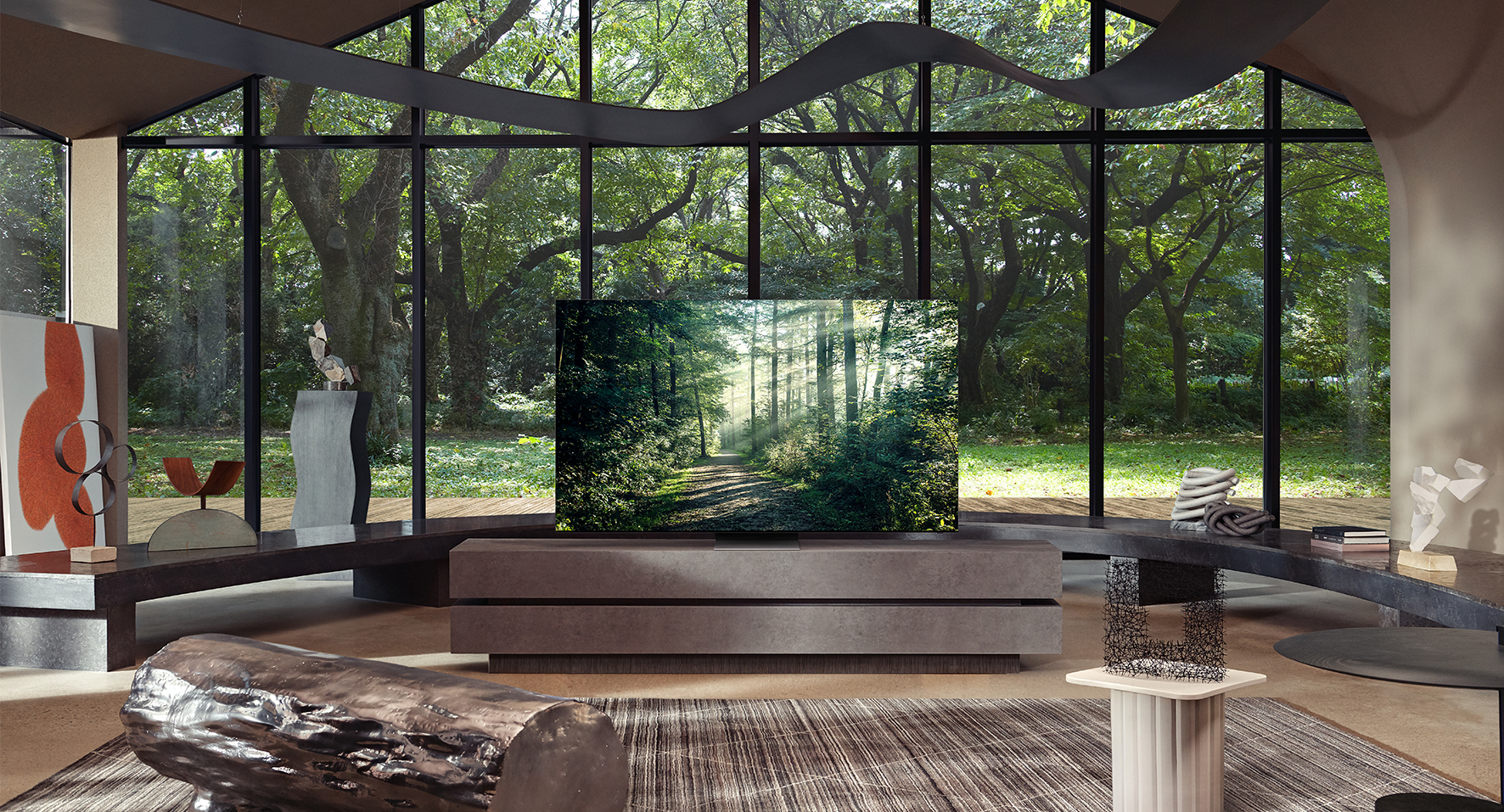
Understanding the difference between a 4K and 8K TV may not help you sleep at night, but it can be helpful when selecting the perfect TV for your home.
It's common for manufacturers to include technical details in their TV descriptions, but the jargon can be overwhelming. By familiarizing yourself with the technical terms, you'll be better equipped to choose the best TV brand for your movie nights.
When shopping for your next latest TV, you'll likely come across terms like 4K and 8K, which refer to the number of pixels on the screen. Simply put, the more pixels, the better the picture quality, and top brands like Sony, LG, and Samsung offer both 4K and 8K TVs.
If you want to elevate your everyday viewing experience, a 4K TV is a necessity, and we've compiled all the information you need to know about these latest technologies and provided tips to help you find the best screen for your living room.
4K vs 8K TVs – what's the difference?
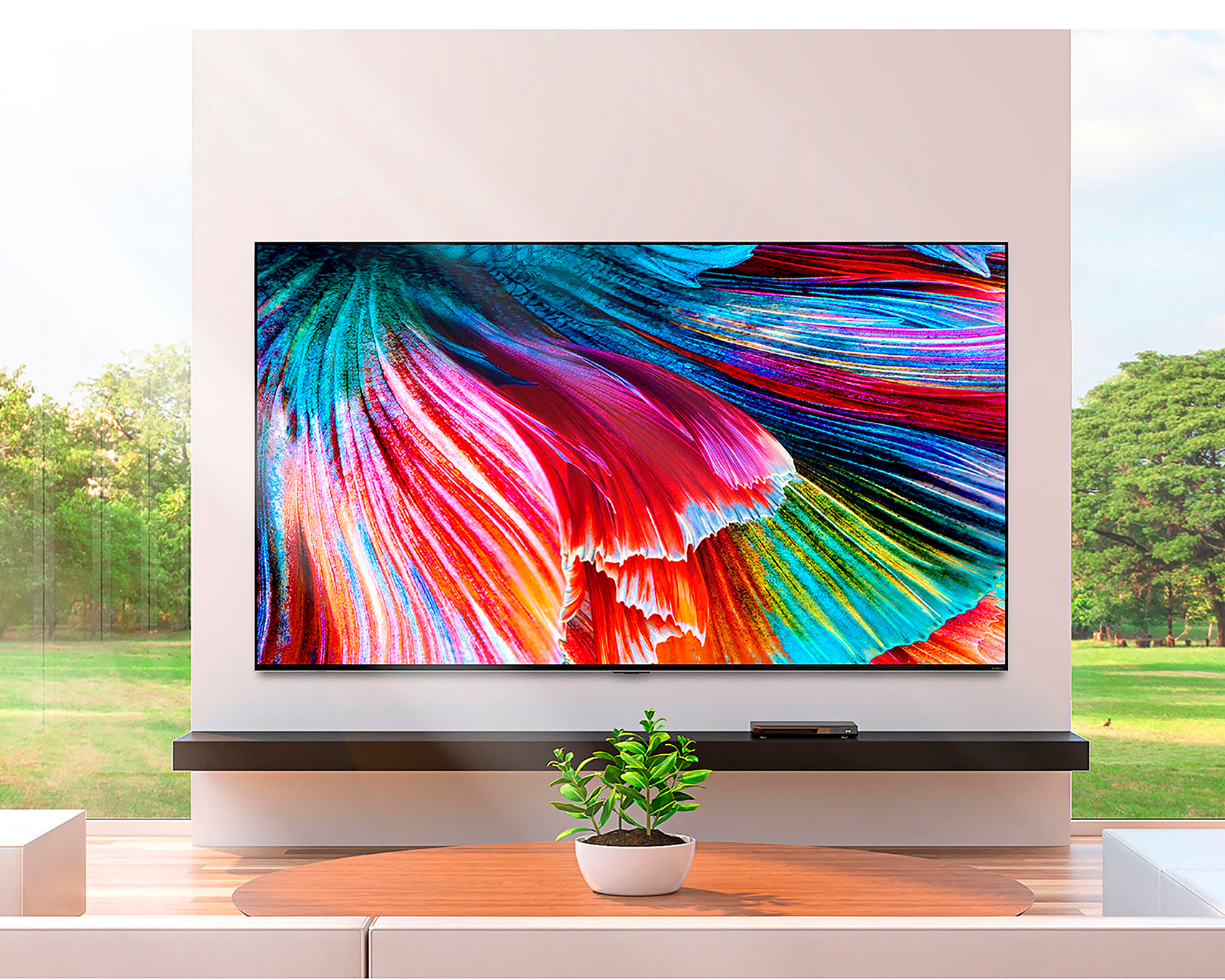
When you're trying to watch a movie or your favorite show, the picture quality is everything, which is why terms such as 4K and 8K matter. Get a screen with a picture that's too garish, too harsh on the eye, too small or too large, and you'll be left feeling as short-changed as Goldilocks.
So what’s the difference between 4K and 8K? 4K TVs are an upgrade on your regular TV as they have four times more pixels than a Full HD TV – and that helps create a very impressive picture. Meanwhile, 8K has a resolution four times greater than that.
"4K and 8K refers to the maximum number of pixels in the horizontal plain," explains John Swatton, Marketing Director at Philips TV and Sound. "So 4K is 3840 pixels (or twice the sharpness of Full HD), and 8K is 7680 pixels. But because the vertical resolution also doubles, 4K actually has four times more pixels than Full HD, and 8K has four times the pixels - or sharpness - of 4K."
While 4K already provides a very impressively detailed picture, 8K TVs provide an even more naturalistic picture quality. You’ll also appreciate the detail the larger the TV goes, too.
"More pixels means an even more detailed image," says Henrik Schmidt, Head of Category TV and Imaging at Currys Plc. "Thanks to better HDR skills, an 8K TV will be able to display more colors, too, and a picture that looks more natural. Each detail will pop out from the screen like nothing you've seen before. It can be hard to see the difference until you see a 4K and 8K picture alongside each other, but it does promise to be a real improvement.'
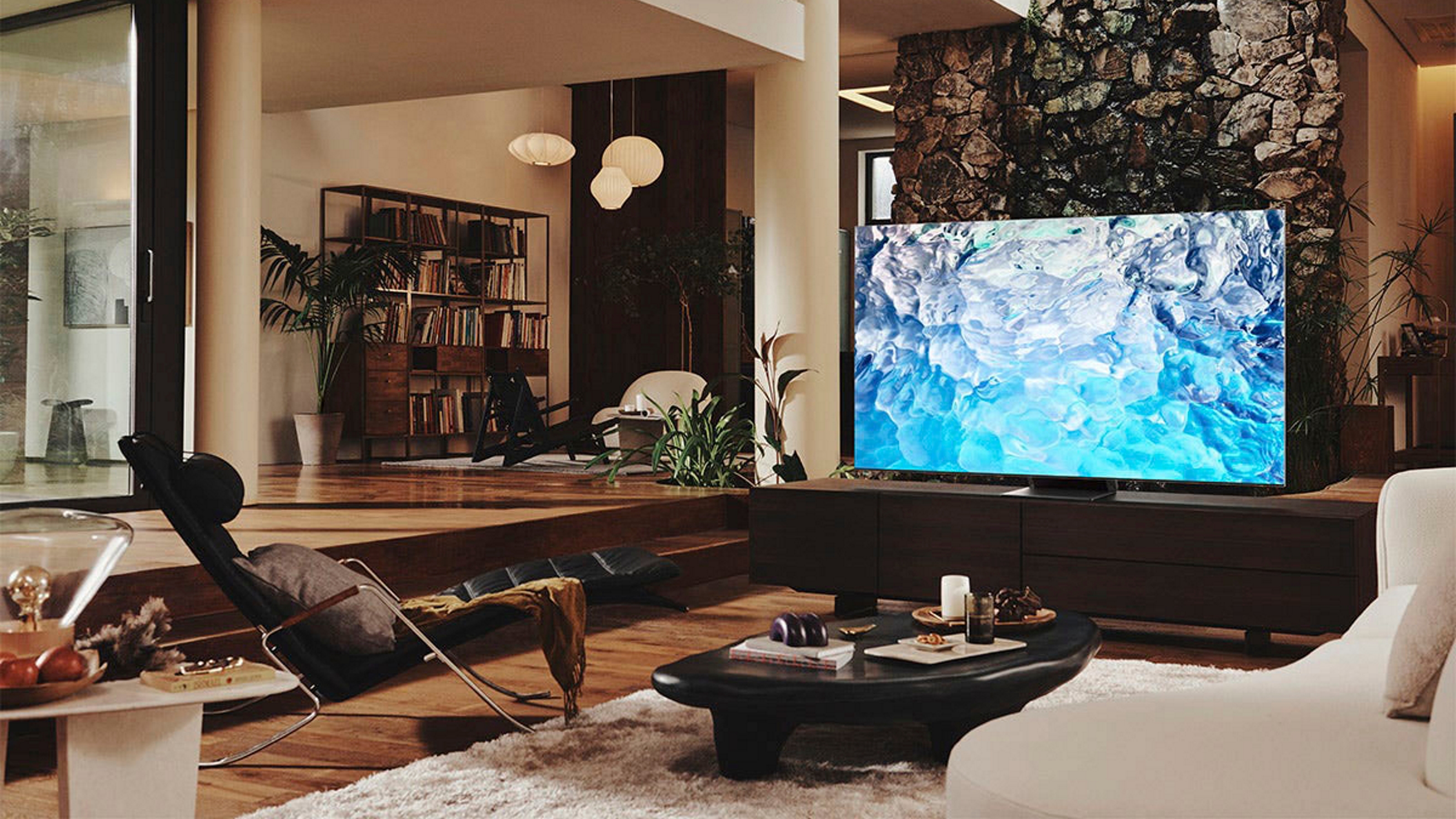
What 4K and 8K content is available?
It's all very well getting an impressively high-definition living room TV, but you've got to be sure that there's enough content available for it to be worthwhile. While there is plenty of 4K content, 8K content is thin on the ground.
"Other than terrestrial broadcast TV, just about every other type of TV service – via satellite, via built-in Apps, via set-top box (BT, Apple TV, etc.) offers the option of 4K content," explains John Swatton. "Blu-ray discs are 4K, many games are now 4K, and nearly all live sports and TV programs are now shot in 4K as are all popular movies."
But is there any 8K content available? "If you want true 8K UHD content, shot with 8K cameras and produced and transferred at an original 8K, then there is next to nothing available to watch. There are experimental recordings and broadcasts of major events like the Olympics, World Cup Final, and the like, but these are not really available to the general public. With advanced image processing inside, all of the current 8K sets will need to 'upscale' 4K content to ‘fit’ their screen, which promises to improve the picture quality."
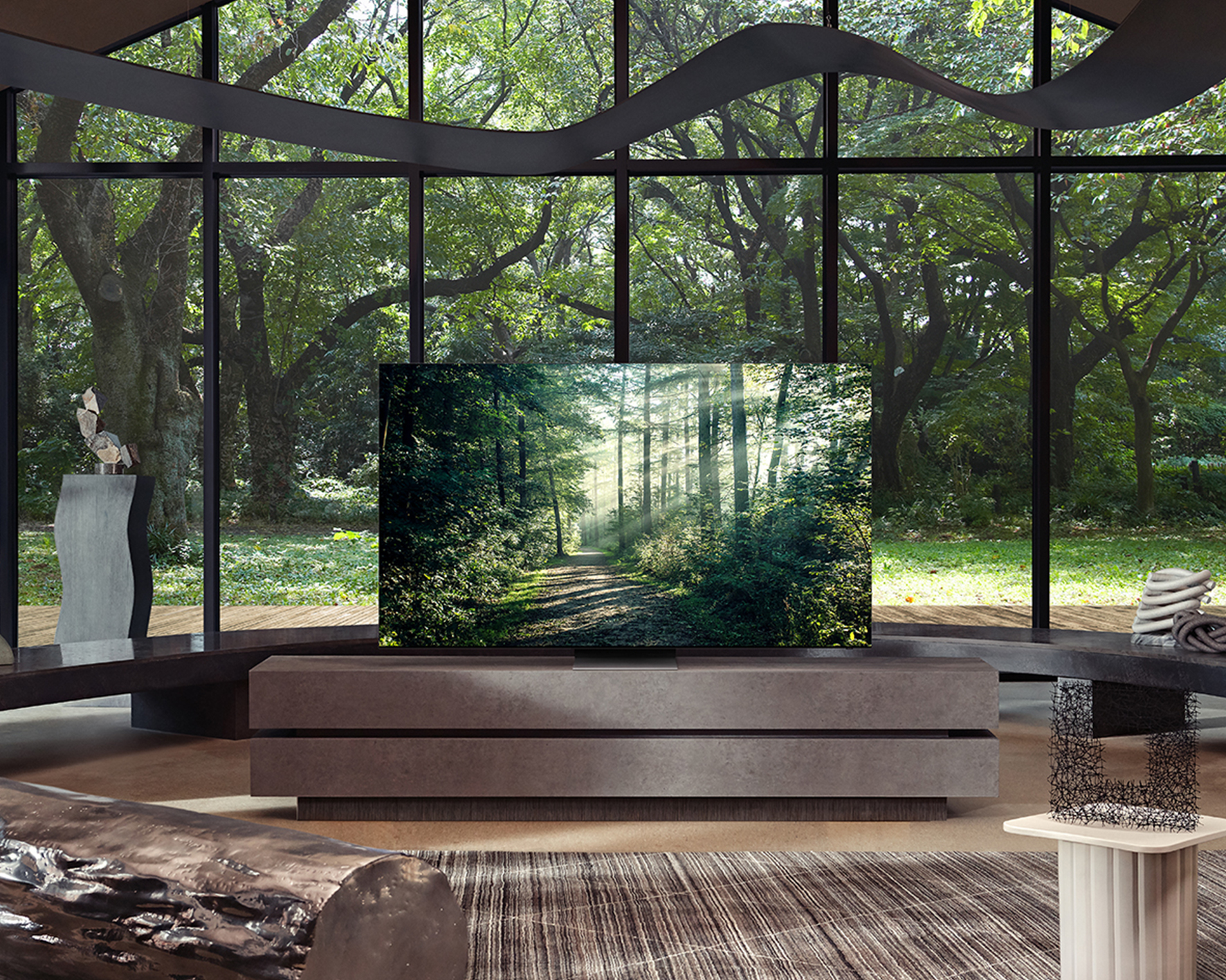
Top tips for choosing the best 4K TV
Take a tip from John Swatton when choosing a TV that will have you staying up way past midnight binging on episode after episode of Selling Sunset and swooning over the luxurious properties.
1. Be prepared with the best content: Make sure you have access to 4K content at home, or your set will not look as good as it did in the shop.
2. Get smart: Look for built-in apps that support 4K content, such as Netflix, Amazon Prime, HBO Max, Disney+, YouTube TV, and so on.
3. Compare and contrast: Try and compare both of the current best TV technologies, such as OLED and mini-LED.
4. Bigger isn’t always better: Rather than buy the largest set you can afford, buy a size down with a better panel and better picture processing.
5. Experience it before buying: If possible, go into your nearest showroom and ask for a demonstration. Make sure you get them to display a range of content from different sources – not just standard Live TV.
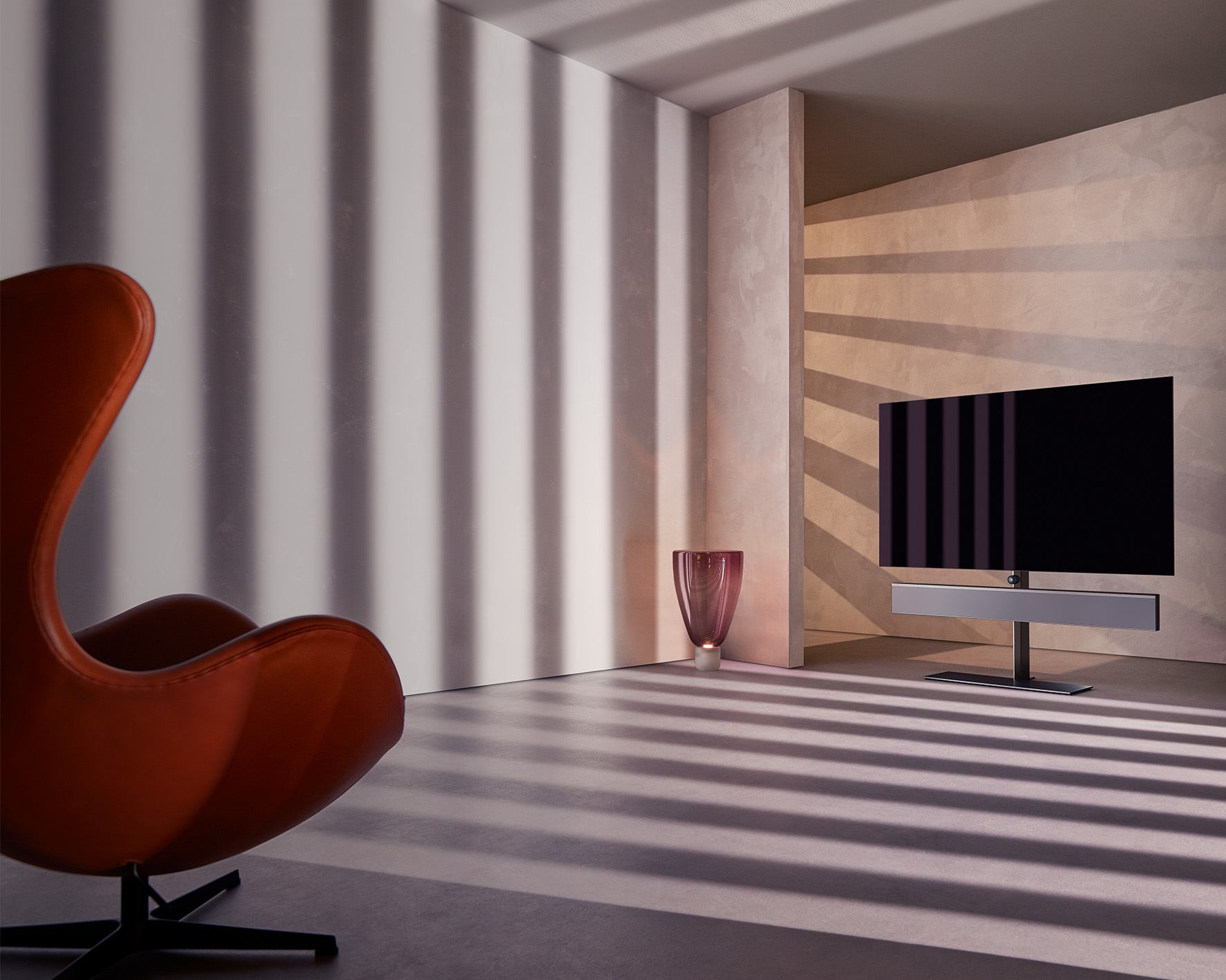
Is it worth getting an 8K TV?
Whether you should care about an 8K TV offering better picture quality than a 4K is debatable. While the best 8K TVs can upscale 4K content to look even better, 8K technology is still in its infancy, so it could be worth holding on to see where the 8K technology goes.
Some say that 8K makes the best sense with very large screen sizes of 75” and above when you can really appreciate the detail, and here you'll need our guide to the best 85 inch TVs. But not everyone wants a TV that is 75" and above as it isn’t the typical size you'll always need for a standard living room. It’s also worth questioning whether the 8K set you buy today will be fully compatible with 8K content when it finally becomes available, so do your research before you buy and check you’re happy with the options.
How much does an 8K TV cost?
There's a range of 4K TVs available to buy, with many of the best-known television manufacturers, including Sony, Samsung, LG, Philips, and Hisense, offering their own version. While there aren't as many 8K TV options available, new designs are imminent. The average 55" 8K TV can be bought for around $1,233, while you can pick up a 55” 4K TV for around $410.
You'll reap the benefits of an 8K from sizes 75" and above when the pixels really make you feel immersed in the action. But bear in mind that the cost of large 8K TVs goes up considerably after 65". A 75” 8K TV will cost you around $3,083, compared to the average 75” 4K TV, which costs from around $973.
It’s also worth remembering that the majority of 8K TVs offer LCD screens. The exception is LG which offers an 88" OLED TV, but for over $13,000, it's not a light investment.
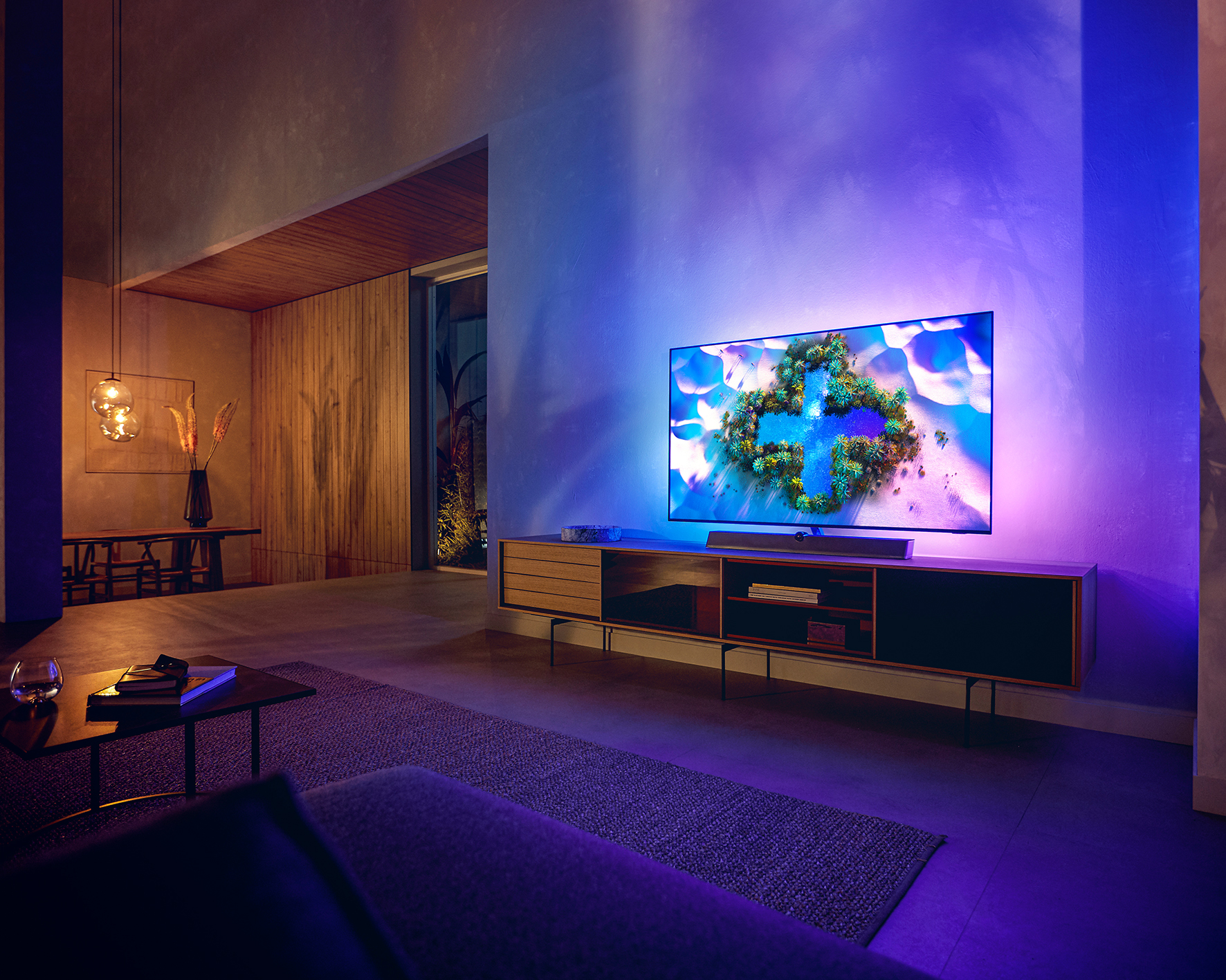
Should you choose a QLED or OLED TV?
4K and 8K aside, you'll also need to consider screen technology and whether you opt for an OLED or QLED TV, which both help to enhance the picture quality.
"OLED TVs have individual pixels that are able to produce both light and color when fed electricity,' explains Kevin Walmsley, TV expert at AO.com. "This prevents light bleed and makes the colors on the screen more vivid, meaning nature programs and action films can be viewed in excellent quality, just like being at the cinema.
"In comparison, QLED TVs rely on a backlight like traditional LED TVs, overlaying quantum dots over the pixels to produce better brightness, vividness, and color accuracy."
For more on this, you can read our article on QLED vs OLED, which should help you choose the right TV for your home.
Be The First To Know
The Livingetc newsletters are your inside source for what’s shaping interiors now - and what’s next. Discover trend forecasts, smart style ideas, and curated shopping inspiration that brings design to life. Subscribe today and stay ahead of the curve.
One of the UK's most respected tech and smart homes writers, Emily Peck also covers everything from interiors style to decorating trends. She is a contributor to Wired UK, and has also had a column in House Beautiful. She has written for publications such as Grand Designs, Stylist, Shortlist, Woman&Home, BBC, Ideal Home and House & Garden. She was once the Features Editor of Ideal Home.
-
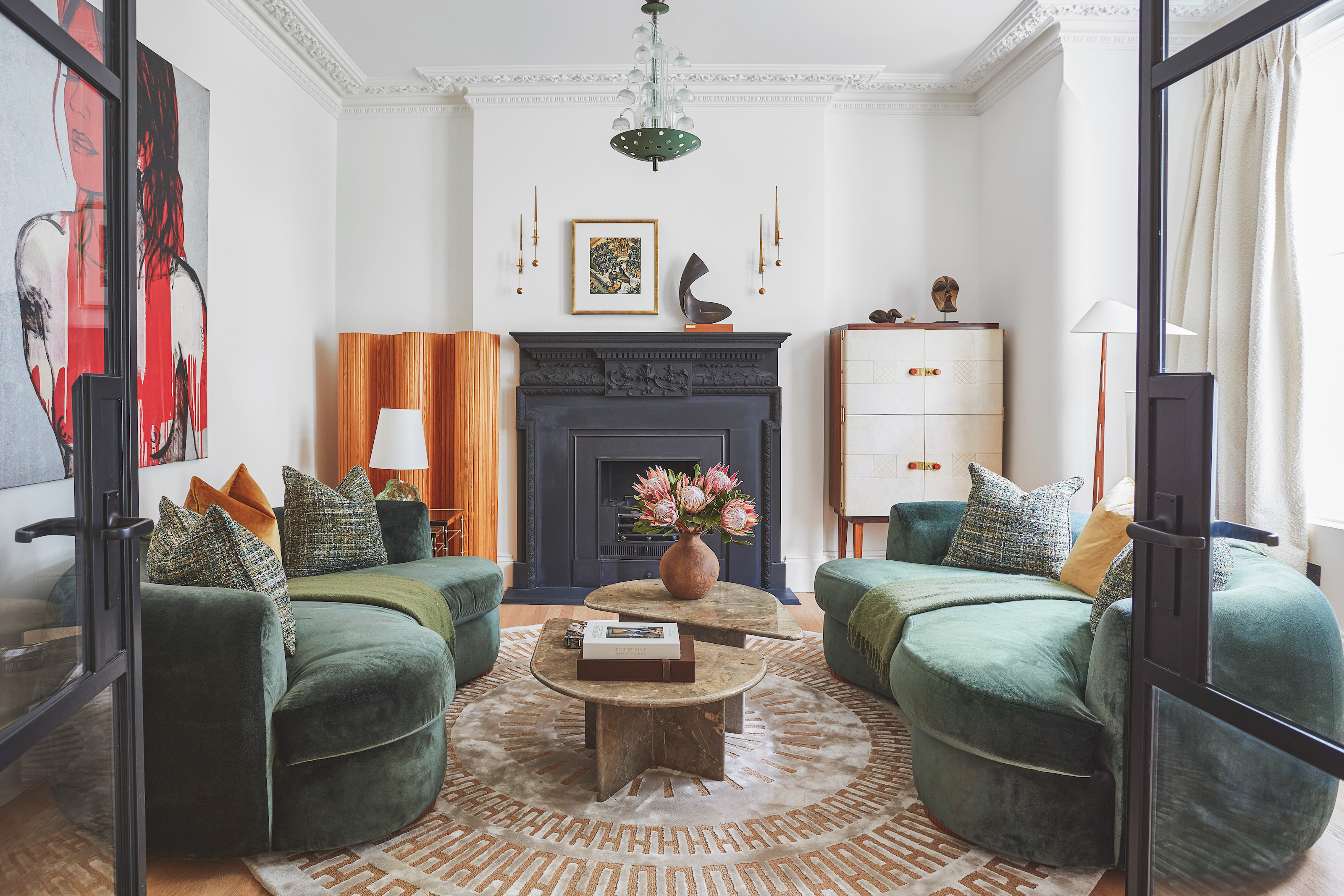 The 'New British' Style? This Victorian London Home Embraces Its Owners' Global Background
The 'New British' Style? This Victorian London Home Embraces Its Owners' Global BackgroundWarm timber details, confident color pops, and an uninterrupted connection to the garden are the hallmarks of this relaxed yet design-forward family home
By Emma J Page
-
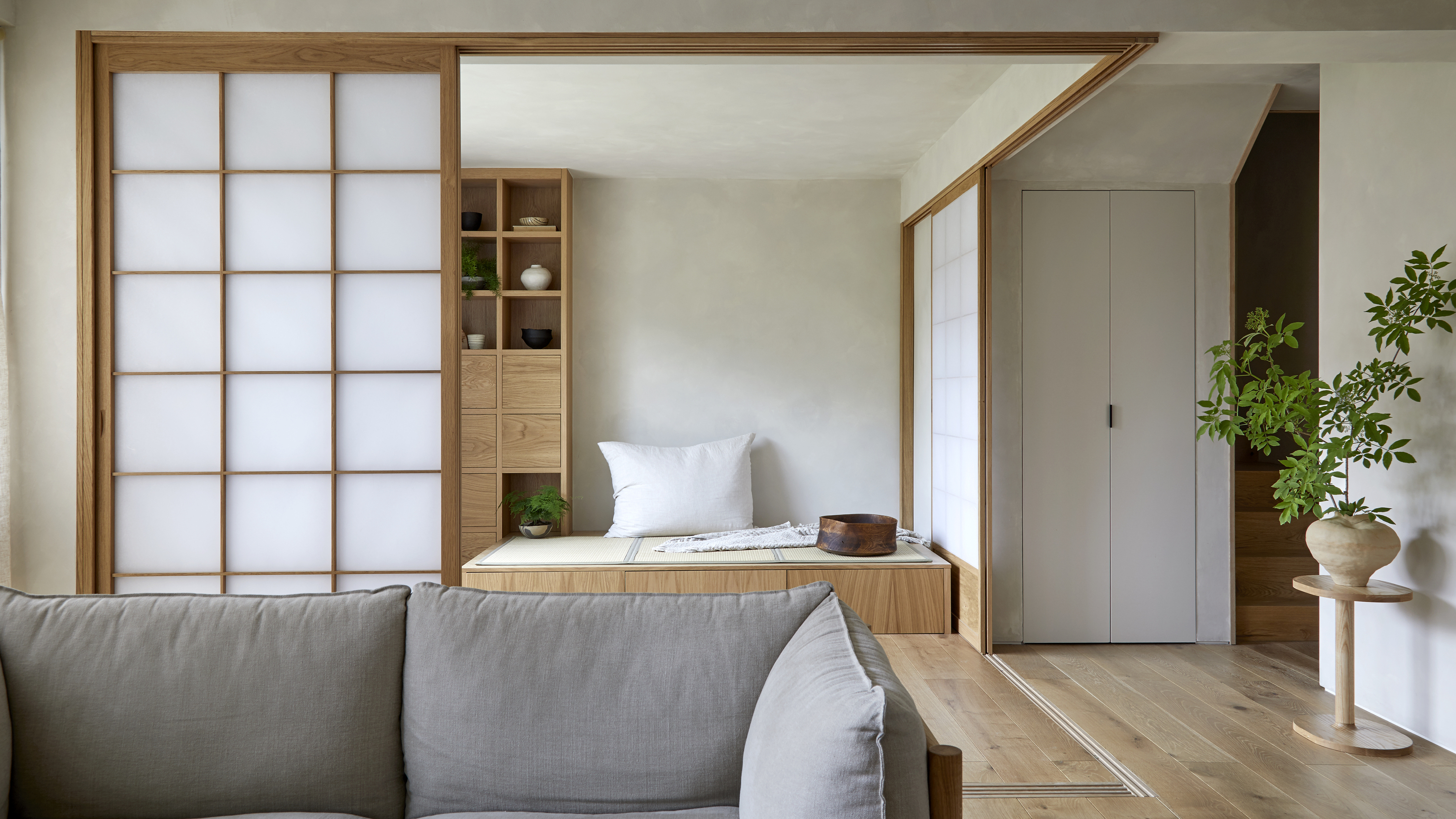 Muji Living Room Ideas — 5 Ways to Harness The Calming Qualities of This Japanese Design Style
Muji Living Room Ideas — 5 Ways to Harness The Calming Qualities of This Japanese Design StyleInspired by Japanese "zen" principles, Muji living rooms are all about cultivating a calming, tranquil space that nourishes the soul
By Lilith Hudson
-
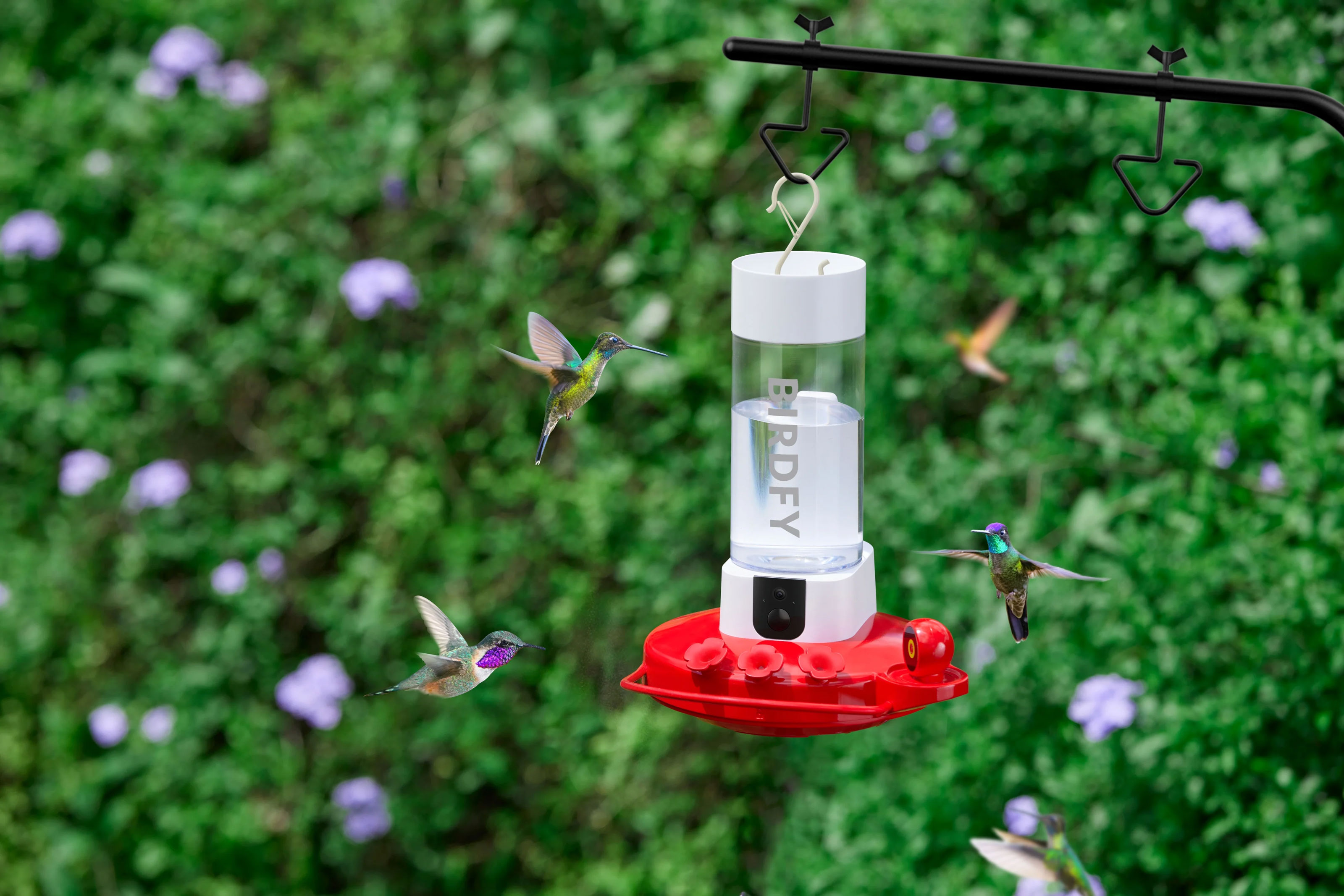 Reviewers Say These Hummingbird Camera Feeders Are the Best Ones Right Now — And They're All on Sale
Reviewers Say These Hummingbird Camera Feeders Are the Best Ones Right Now — And They're All on SaleI've spent ages reading all the reviews for smart hummingbird feeders so you don't have to... Here are the top-rated options
By Hugh Metcalf
-
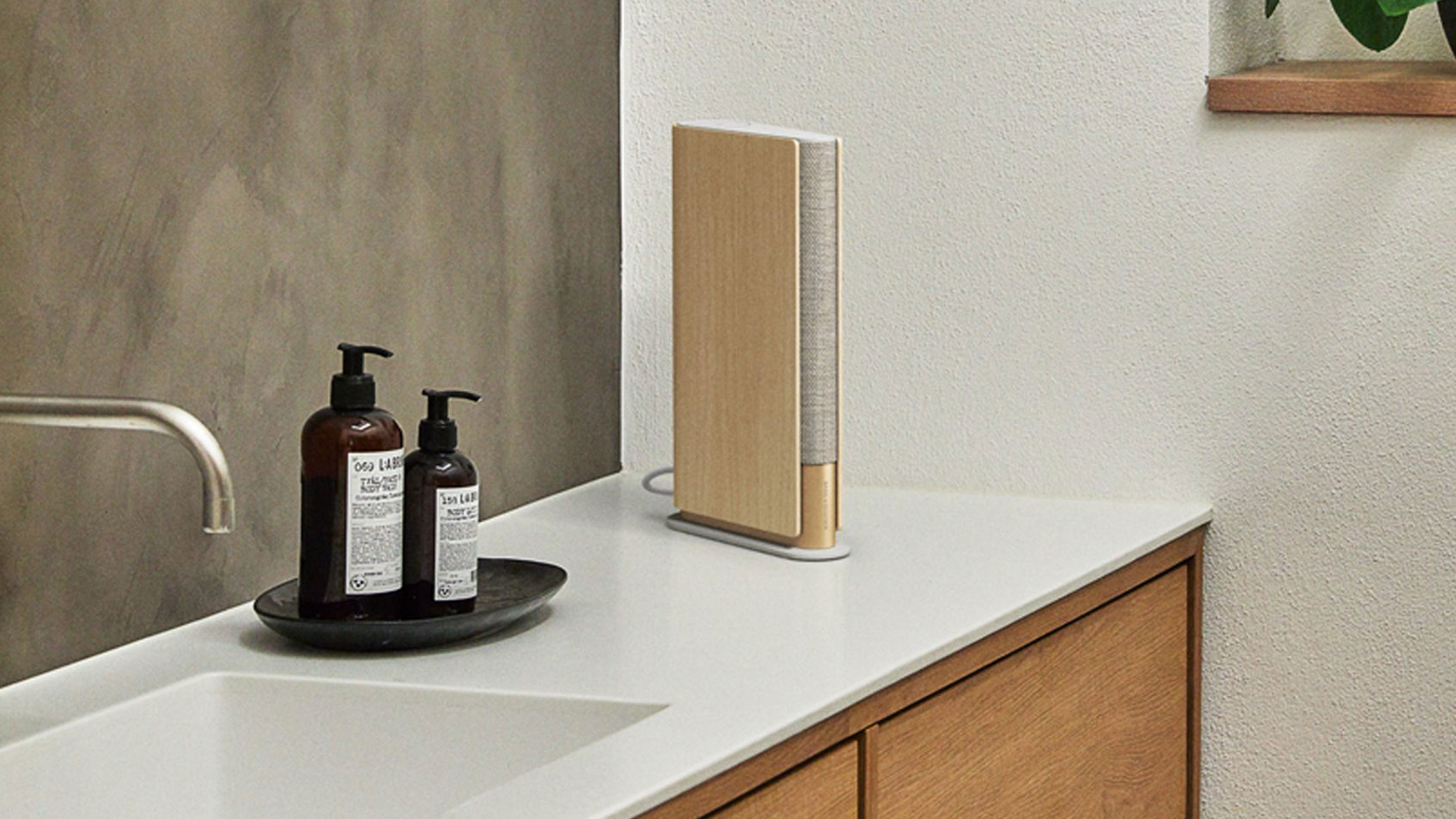 This Interior Stylist Has Picked the Most Aesthetic Home Tech Products of the Moment — 'No More Tech Eyesores!'
This Interior Stylist Has Picked the Most Aesthetic Home Tech Products of the Moment — 'No More Tech Eyesores!'If you think making your home smarter means filling it with ugly gadgets, think again. There's a growing number of pleasingly aesthetic choices out there, says this stylist
By Luke Arthur Wells
-
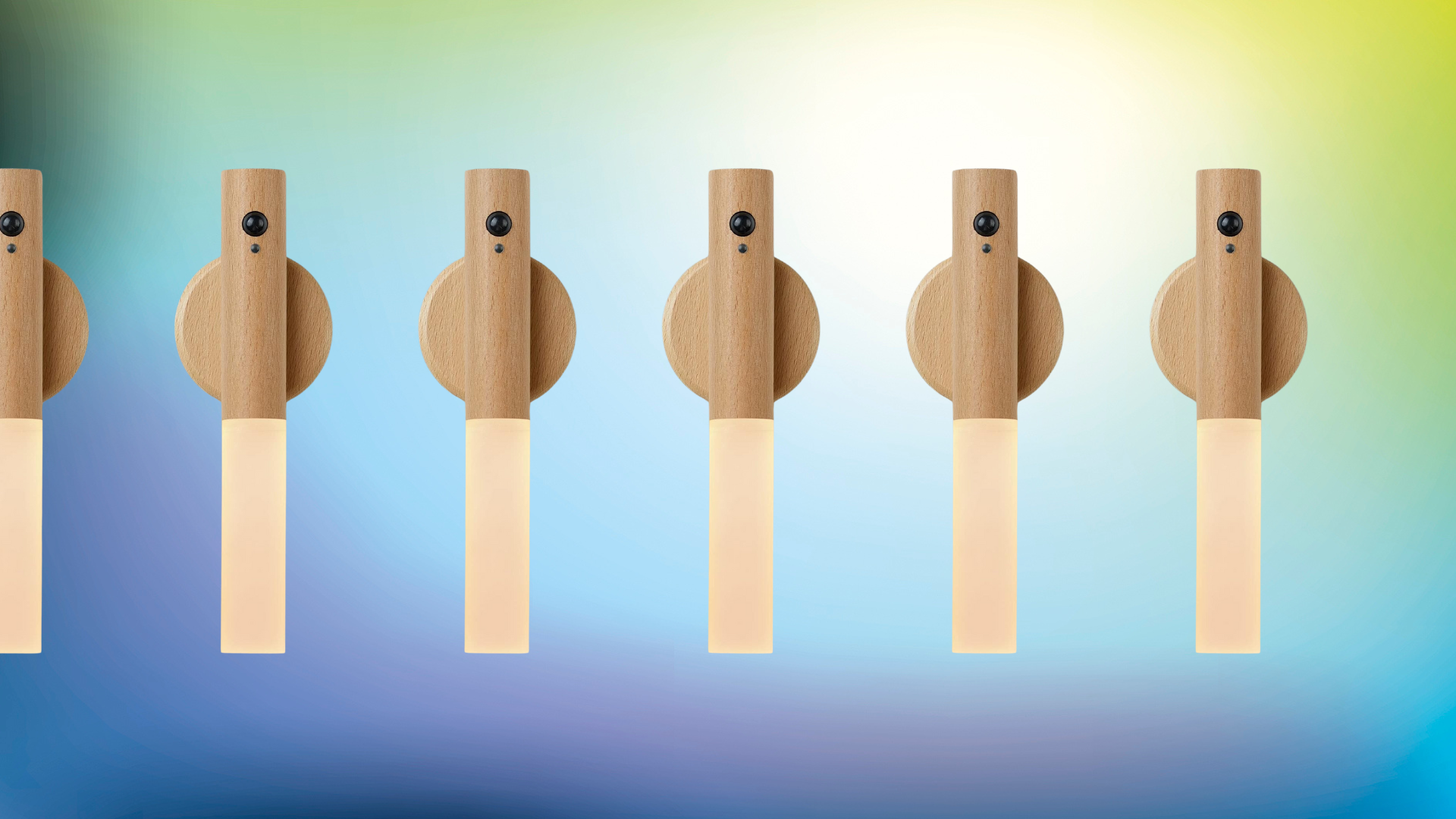 These Viral $40 Lights Make Your Home Easier to Live In — And They're Pretty Chic, Too
These Viral $40 Lights Make Your Home Easier to Live In — And They're Pretty Chic, TooThese Scandi-inspired wall sconces are the lighting solution you didn't know you needed. I'm so taken by them!
By Brigid Kennedy
-
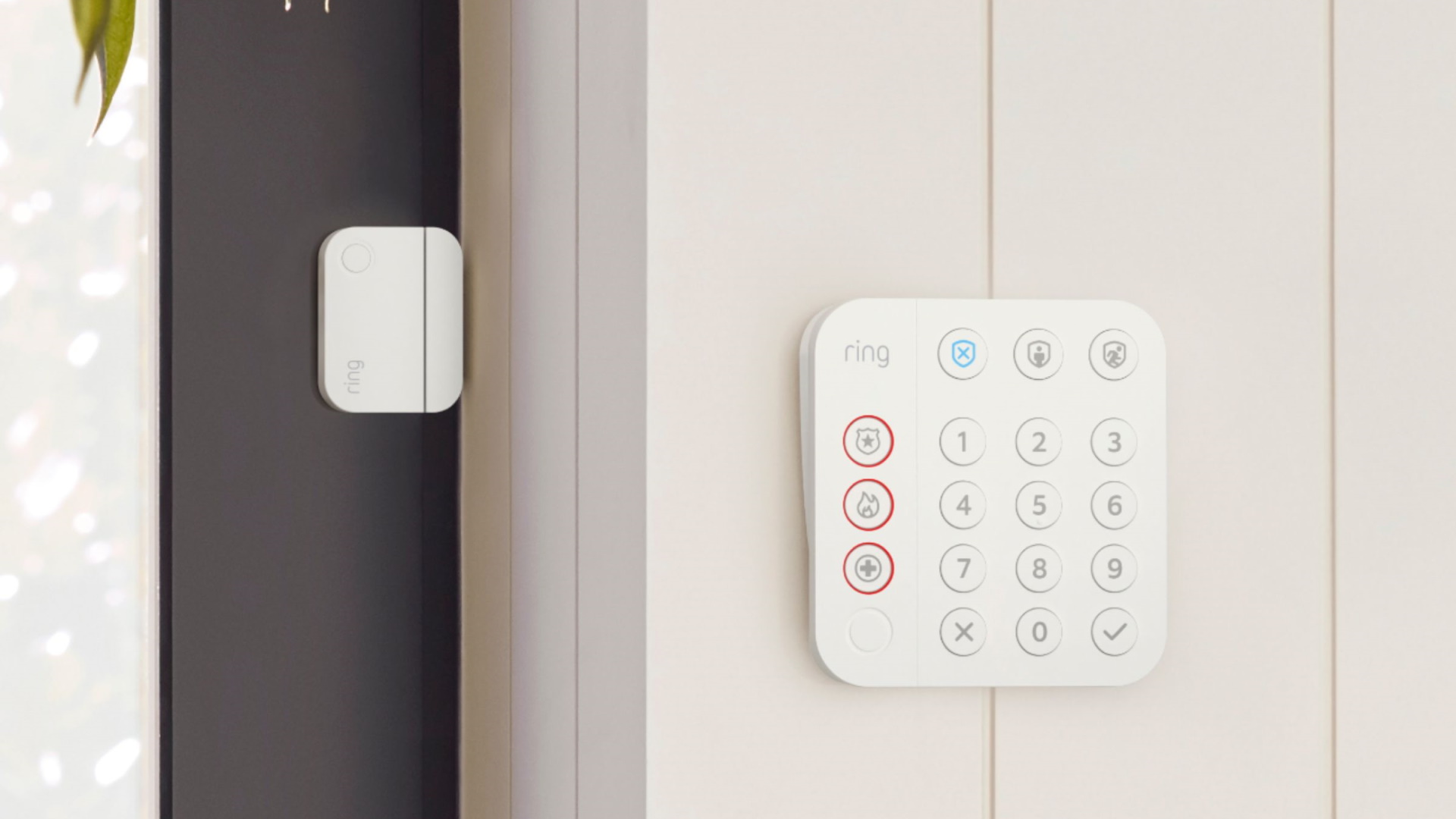 Ring Alarm System (2nd Gen) review: the brand's made-over kit is still a winner
Ring Alarm System (2nd Gen) review: the brand's made-over kit is still a winnerWe tested the Ring Alarm System 5-Piece Kit to see if it could make home security simpler for the average user, and how it may have improved on the first gen system.
By Caroline Preece
-
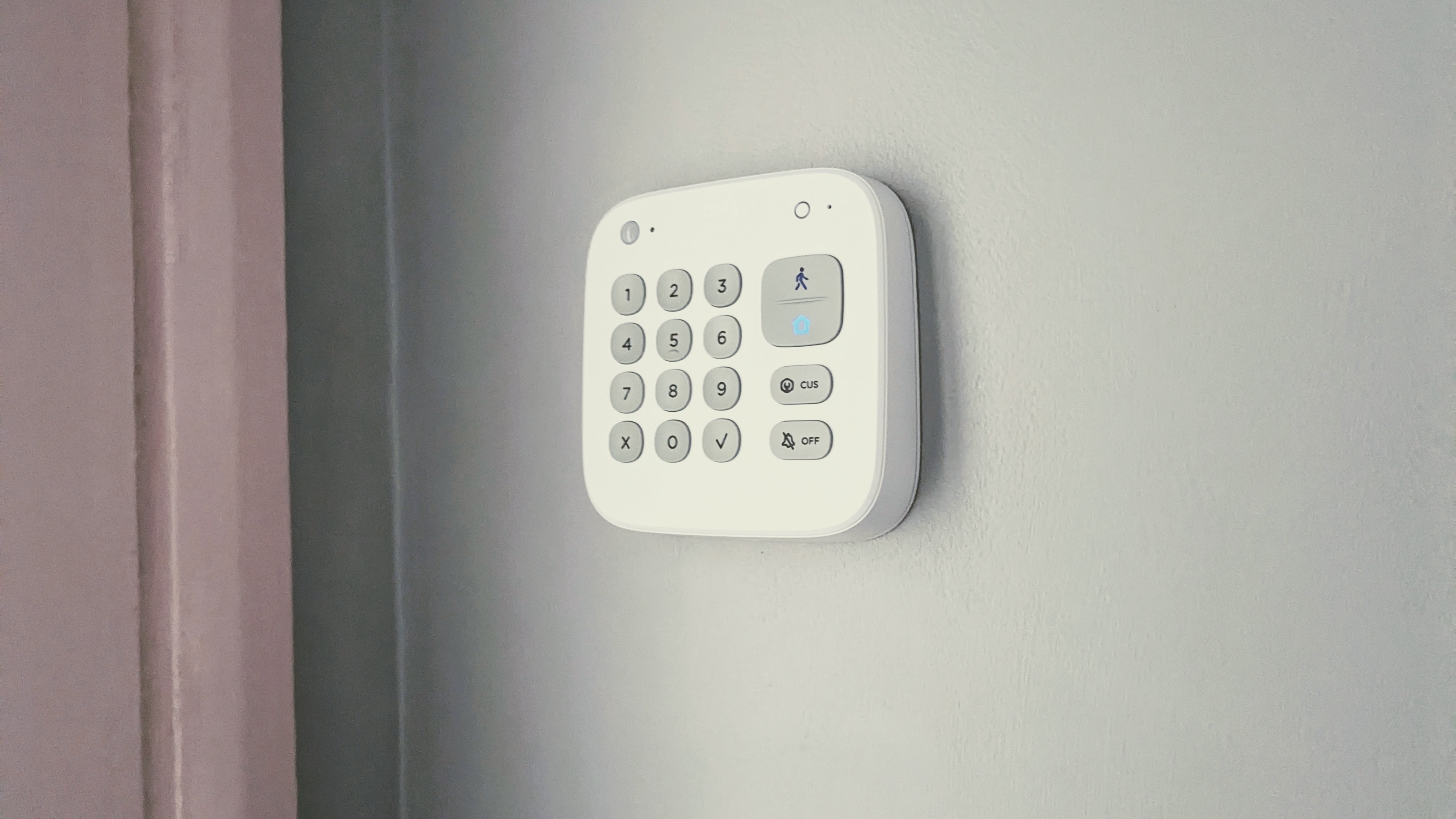 eufy Home Alarm Kit review: a simple but effective way to keep your home safe
eufy Home Alarm Kit review: a simple but effective way to keep your home safeThe eufy Home Alarm Kit has all of the basics on paper, but we wanted to test it out on our own home to see how easy it is to set up and use.
By Caroline Preece
-
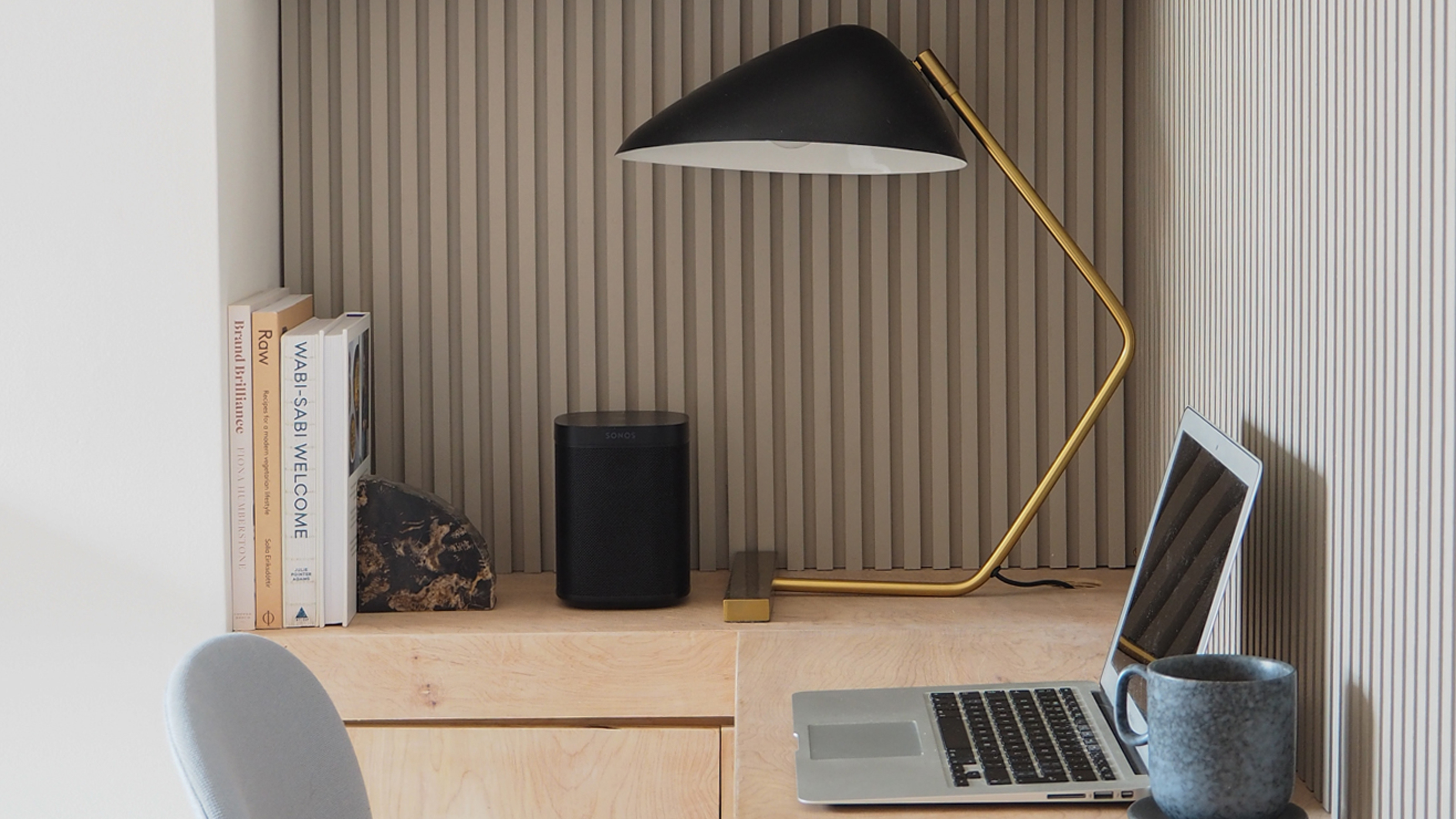 HomePod mini vs Sonos One: two high-end smart home hubs, but which is the better speaker?
HomePod mini vs Sonos One: two high-end smart home hubs, but which is the better speaker?We take a look at the HomePod mini and Sonos One, both of which sit at the higher end of the smart speaker market.
By Caroline Preece
-
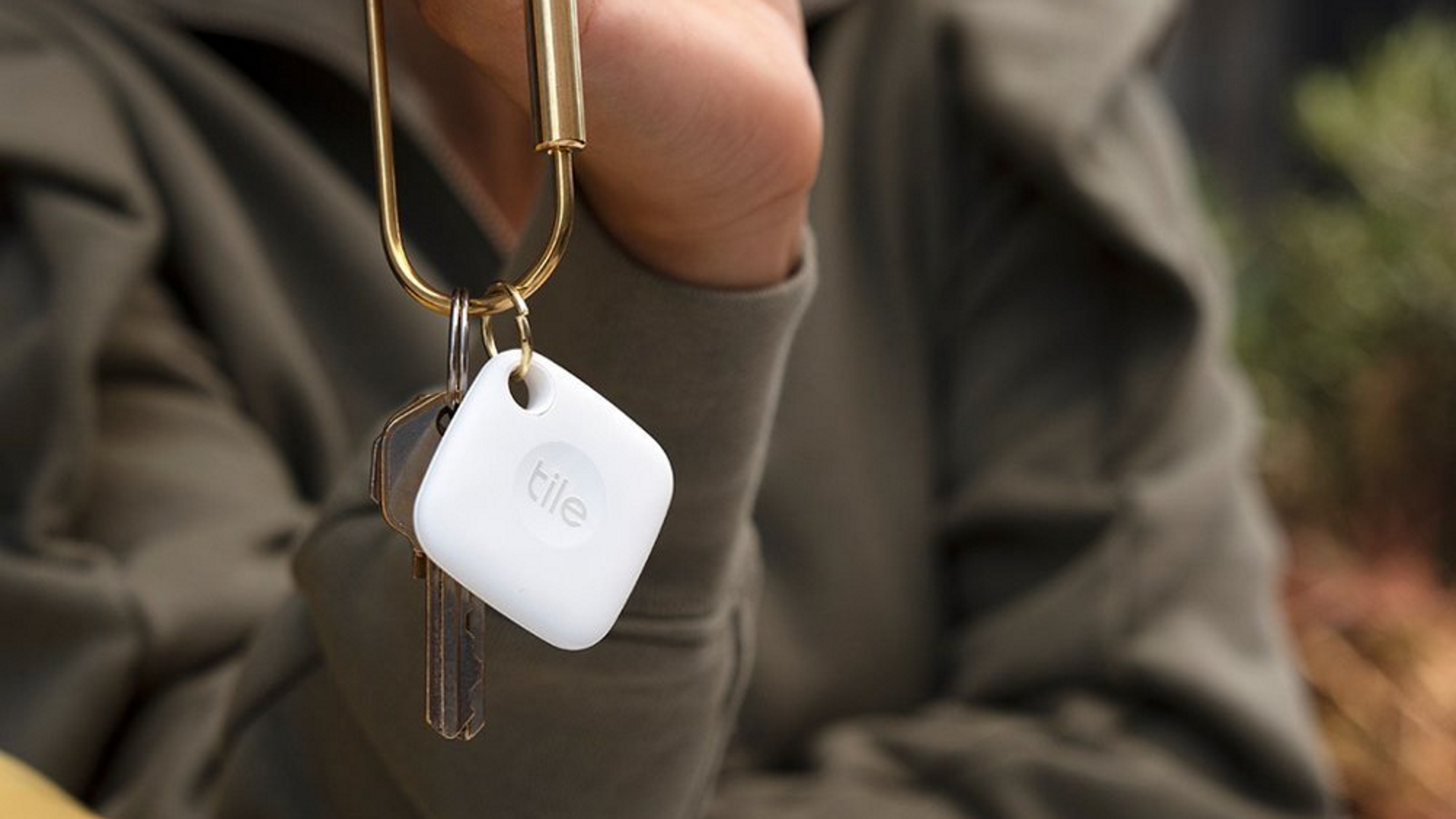 AirTags vs Tile: which Bluetooth tracker is best to help a case of constantly misplaced keys?
AirTags vs Tile: which Bluetooth tracker is best to help a case of constantly misplaced keys?If you're tired of losing your items, either around the house or outside, then Bluetooth trackers are a lifesaver - but which is best?
By Caroline Preece
-
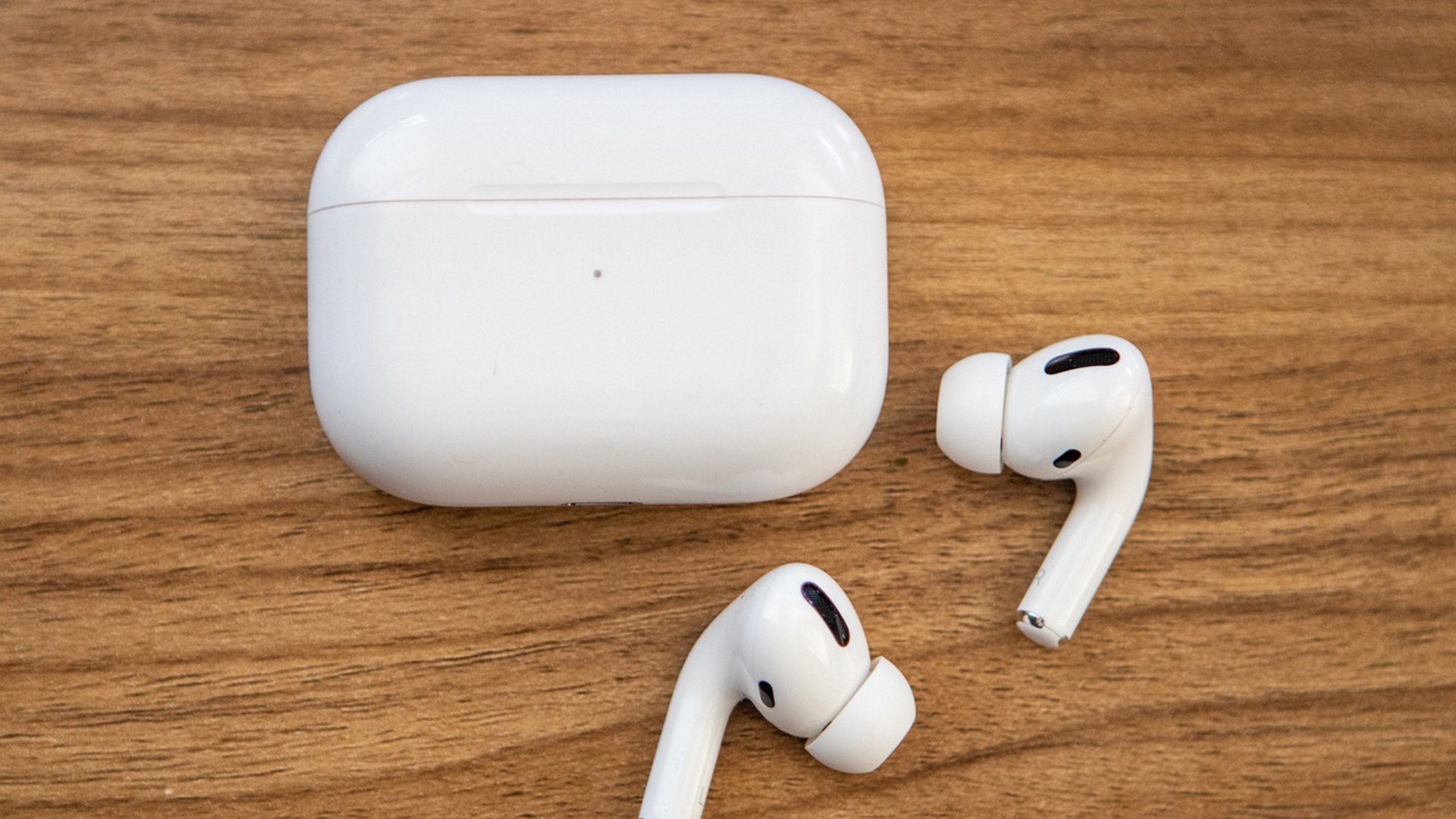 Sony WF-C500 vs Airpods: are the budget earbuds a worthy competitor to Apple?
Sony WF-C500 vs Airpods: are the budget earbuds a worthy competitor to Apple?Sony's affordable earbuds get the thumbs up from us, but how do their compare with Apple's AirPods?
By Caroline Preece